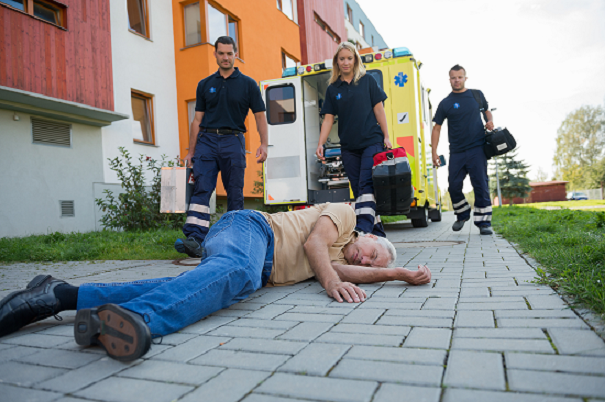
AD Wisdom Pearl #10
The number one cause of traumatic brain injury (TBI) in a person of ANY age is falls. Seniors, aged 75 and older are known to have the highest rate of TBI related injuries, hospitalizations and death, due to falls. Even a mild TBI is known to have serious effects, and certain types of head injuries can cause an increased risk for Alzheimer’s disease (AD).
TBI’s are considered mild, moderate or severe, depending on the duration of unconsciousness experienced by a person who suffers a head injury. Symptoms of TBI include, unconsciousness, loss of memory of the event, confusion, difficulty assimilating new information, trouble speaking clearly, lack of coordination, and problems with hearing and vision. These symptoms may clear up quickly, or they could be long-lasting—and in some instances, may even be permanent.
According to the Mayo Clinic, head injuries that result in unconsciousness for 24 hours or more represent the greatest risk of AD; but, less severe injuries (where a person in unconscious for over 30 minutes but less than 24 hours) may also cause a risk of dementia later in life. Mayo Clinic also reports that the age of a person at the time of the TBI (55 or older) and/or repeated mild head injuries present additional risk factors for AD or dementia-resulting from a head injury.
Those with the APOE gene are more likely to be diagnosed with AD after a TBI, however, it’s important to note that many people have had brain injuries who do not go on to develop AD or any other type of dementia.
People who have repeated head injuries are thought to be at the highest risk for developing AD later in life. More research is needed to find out if a single TBI, resulting in unconsciousness, is enough to pose a high risk of AD or other types of dementia.
You’re likely at greatest risk of developing dementia or Alzheimer’s later in life, post-head injury, if you also have other risk factors. For example, high blood pressure, diabetes, and other factors increase the risk of Alzheimer’s in any individual.
It’s important to note that many people who sustain a severe head injury never develop Alzheimer’s disease or dementia. More research is needed to understand the link.
To learn more about Alzheimer’s caregiving, and Alzheimer’s prevention & treatment, join AlzU.org today.






